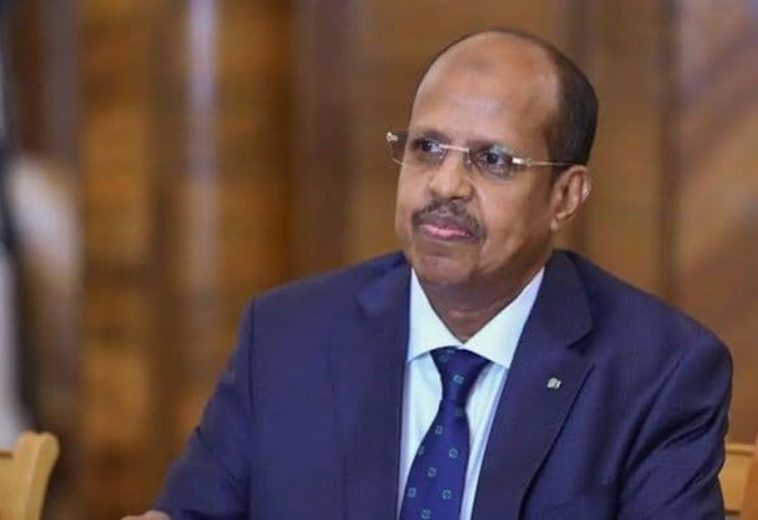Africa’s vast wealth buried beneath its soil is set to chart a fresh trajectory for development. Uranium reserves from the continent are increasingly capturing global attention. The data paints a compelling picture. Namibia leads the way, with an estimated 470,100 tonnes of uranium, followed by South Africa (320,900 tonnes) and Niger (311,000 tonnes). Other countries, such as Botswana and Tanzania, also have significant reserves, underscoring Africa’s widespread uranium wealth. These reserves are not just numbers; they represent a potential engine for economic growth, technological advancement, and increased global influence.
Uranium’s versatility adds to its value. As the primary fuel for nuclear power plants, it offers a low-carbon alternative to fossil fuels, which is crucial for meeting growing energy demands and tackling climate change. Beyond energy, uranium is used in medical treatments, scientific research, and defence industries, further cementing its importance in the modern world.
READ ALSO: Niger Grants Permit to GoviEx for $676 mln Uranium Project
Economic Gains: Powering Development
Exploiting uranium resources offers immense economic opportunities for African nations. Mining and processing create jobs, attract foreign investment, and generate revenue through exports. This revenue can be reinvested in infrastructure, education, healthcare, and other sectors, improving living standards and promoting sustainable economic growth. Moreover, the development of a robust uranium industry fosters technological advancement, facilitating the transfer of skills and knowledge, and creating ancillary industries that contribute to the diversification of the economy.
Challenges Ahead: Navigating Complexities
Africa faces significant challenges in fully harnessing its uranium resources. Infrastructure gaps, particularly a lack of transportation and processing facilities, are a major obstacle. Environmental concerns, including water pollution and land degradation, call for sustainable mining practices, strong regulation, and community involvement. Political and economic instability, along with a shortage of skilled labour, complicate matters further. Fluctuations in global uranium prices and security concerns regarding its potential misuse also pose risks.
Solutions: Paving the Way for a Sustainable Future
To unlock the full potential of Africa’s uranium resources and mitigate the associated challenges, a comprehensive, multi-pronged approach is necessary. Strategic investments in infrastructure, such as roads, railways, power plants, and processing facilities, are crucial to support the uranium industry. Establishing transparent regulatory frameworks, tackling corruption, and promoting good governance are key to attracting investment and ensuring sustainability.
Additionally, investing in education and training programmes is essential to develop a skilled workforce capable of driving industry growth. Diversifying economies beyond uranium is also critical to reducing over-reliance on a single commodity and enhancing economic resilience. Lastly, fostering regional cooperation among African nations can facilitate the exchange of knowledge, expertise, and technology, creating a more competitive and sustainable uranium industry across the continent.




